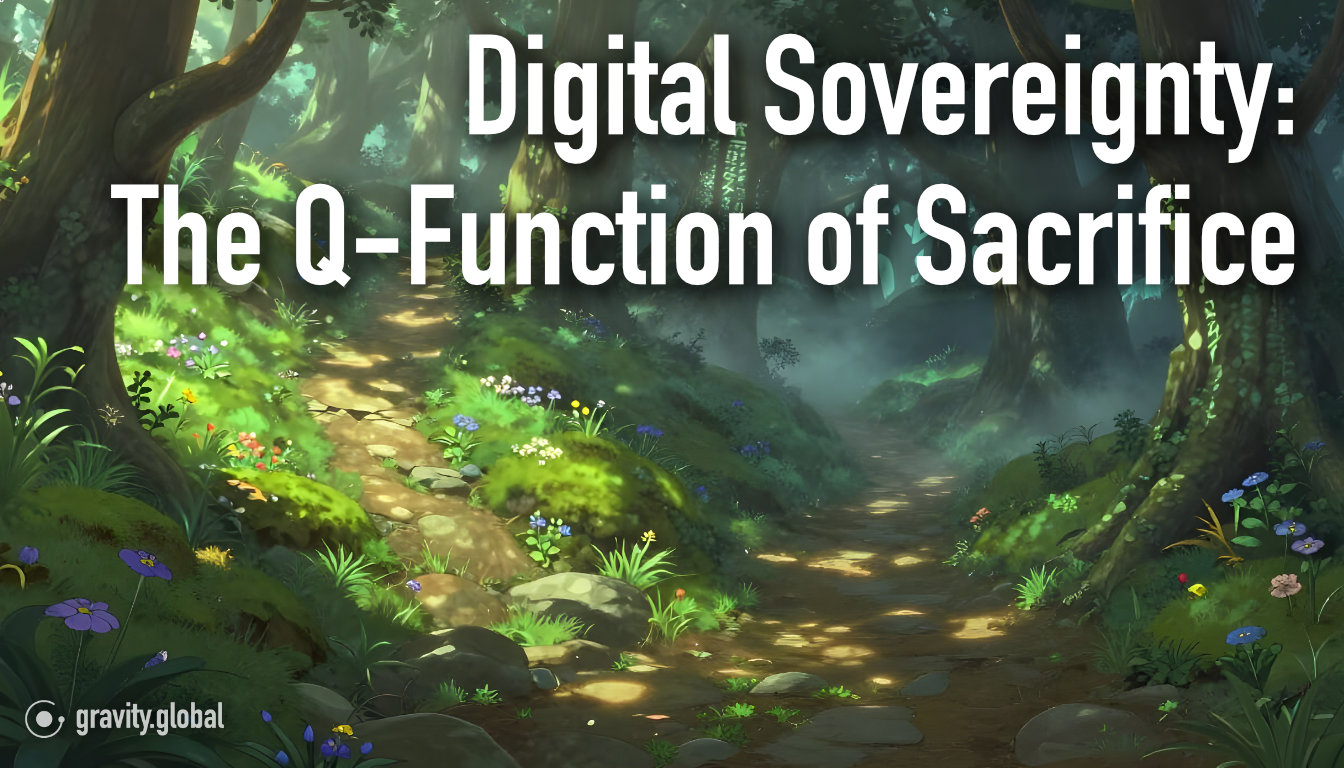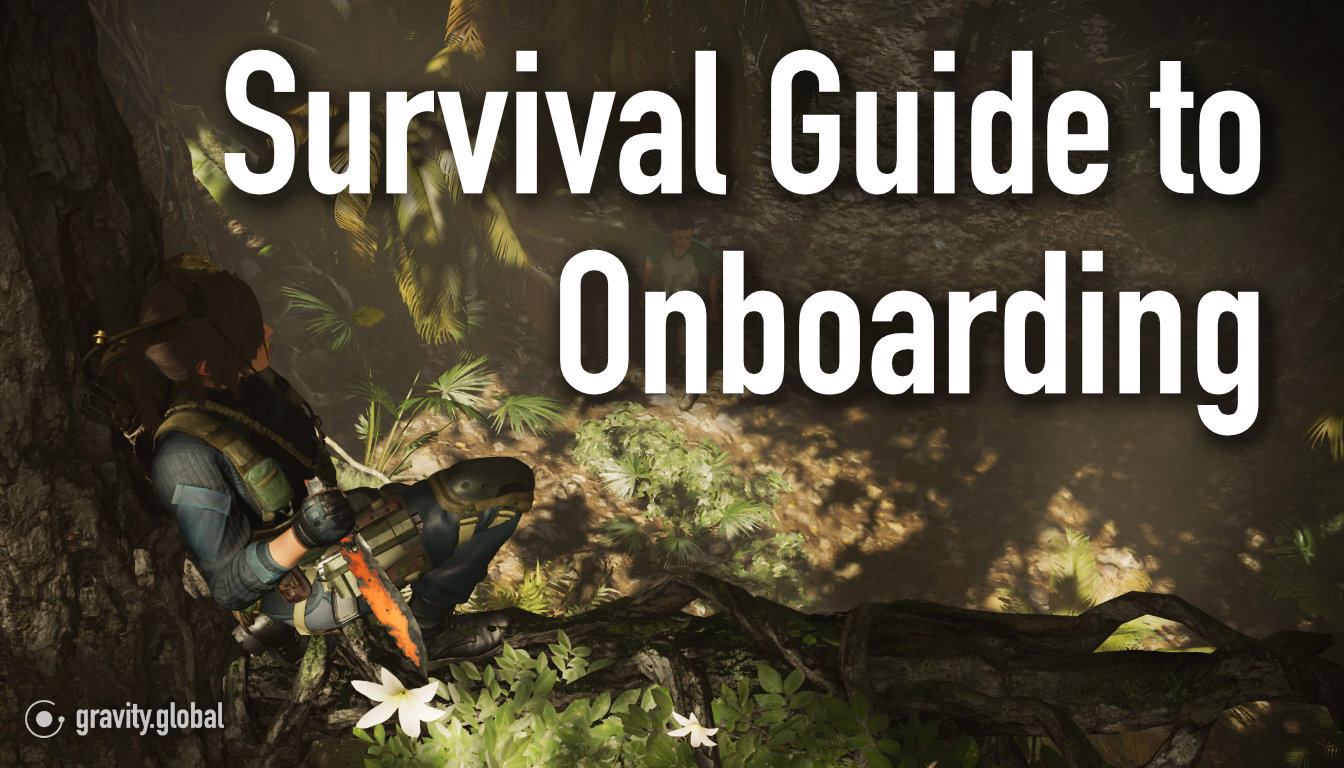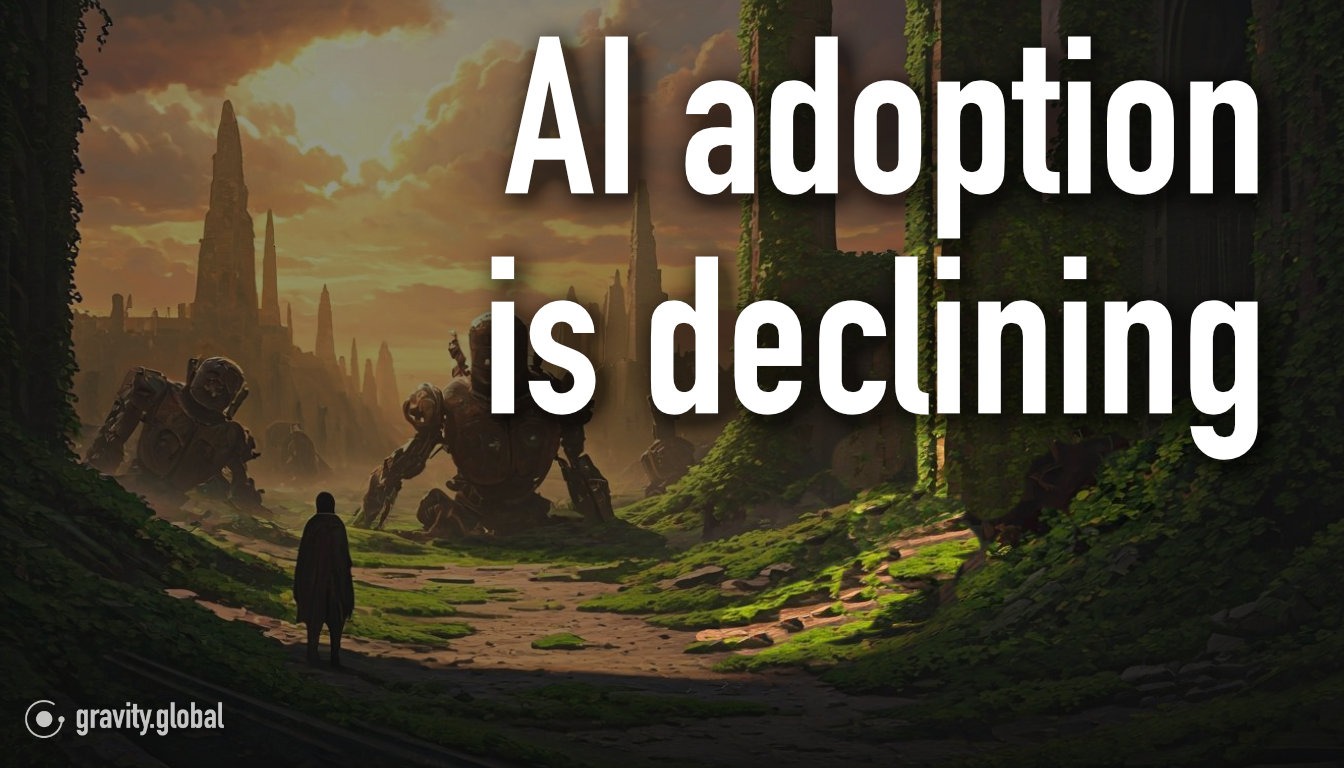Microsoft’s AI Vision for Windows 11: Innovation vs. User Trust
Microsoft’s AI-driven Windows 11 redefines computing but raises concerns about privacy, sustainability, and user control, prompting some to reconsider their OS choice.

Microsoft’s latest push to integrate AI into Windows 11 isn’t just an update—it’s a fundamental shift in how we interact with our devices. With the end of support for Windows 10, users are being funneled into an ecosystem where AI, specifically Copilot, takes center stage. But what does this mean for user control, privacy, and the future of personal computing?
The Environmental Cost of Forced Upgrades
Microsoft has officially ended support for Windows 10, leaving users with two choices: upgrade to Windows 11 or pay extra to maintain security updates on the older OS (money or your data). While this move might seem logical on paper, it has sparked concerns about e-waste.
Microsoft’s decision to end support for Windows 10 doesn’t just impact software—it has real-world consequences. Nearly half a billion machines are incompatible with Windows 11, risking a surge in e-waste as users discard functional devices. Is this the price of progress, or a failure to balance innovation with sustainability?
Nearly half a billion machines are now unable to run the new operating system, facing an inevitable fate in the junkyard — despite being perfectly functional.
Enter Windows 11: The AI PC Revolution
The real buzz surrounding Windows 11 comes from Microsoft’s vision for the “AI PC.” According to Yusuf Mehdi, Microsoft’s EVP and Chief Marketing Officer, the company is rewriting its operating system entirely around artificial intelligence. The Copilot AI will take center stage, integrated deeply into the user experience, starting with its prominent placement on the taskbar.
By initiating voice commands like “Hey, Copilot,” users will be able to unlock powerful features. Copilot Vision and Copilot Actions promise to analyze your screen in real time, offer recommendations, and even perform tasks like folder edits and internet searches. On paper, it sounds futuristic. But as history has shown, such advancements come with significant trade-offs — particularly in user privacy and control.
Microsoft assures users that Copilot features will remain opt-in for now, but remember the forced rollout of Cortana in Windows 10?
Privacy Concerns: AI’s Invasive Role
Microsoft’s AI push raises significant questions about security and privacy. To make full use of Copilot, users must allow it to “see” their screen and interact with their data. While this sounds convenient, it’s also unsettling. Previous AI features like Microsoft's Recall faced backlash for storing sensitive information (e.g., Social Security numbers) in unencrypted folders — a stark reminder of the potential risks associated with granting AI deep access to your system.
Microsoft assures users that Copilot features will remain opt-in for now, but remember the forced rollout of Cortana in Windows 10? Many remain skeptical of similar strong-arm tactics returning with Copilot.




Embrace the digital adoption platform of tomorrow - GRAVITY



The Digital Adoption Updates You Can't Miss - Subscribe Now!
Join Our Monthly Author Call – Stay Ahead of the Curve with the Latest Trends!



Gravity Global's Perspective: Balancing Innovation with Ethical AI
At Gravity Global, we believe AI should empower, not overwhelm. While Microsoft’s approach highlights the potential of AI integration, it also underscores the need for:
- Transparency: Users deserve clarity on how their data is used and who controls their digital environment.
- Choice: AI should augment, not replace, user agency. Opt-in features must remain truly optional, with no hidden costs to privacy or performance.
- Sustainability: Tech advancements should not come at the expense of the planet. Extending hardware lifecycles through modular, efficient software is key.
My Personal Thoughts
Microsoft's AI-driven vision for Windows 11 is undeniably ambitious, promising to redefine what it means to interact with our personal computers. Yet, in the pursuit of innovation, there’s a real risk of alienating users, compromising privacy, and straining sustainability efforts. While an AI-powered operating system might sound like the next frontier of technological progress, Microsoft’s history of enforcing new features and overlooking privacy concerns casts doubt on whether this evolution will truly serve users or simply serve its own ambitions.
As Microsoft redefines the boundaries of AI integration, let’s ensure that innovation serves humanity—not the other way around.
As Microsoft pushes the boundaries of AI integration, it’s crucial to remember that innovation must prioritize user needs and safeguards — not the other way around. Will Windows 11 revolutionize the computing experience or mark the beginning of an overly invasive AI ecosystem?
For me, the promise of convenience didn’t outweigh the growing unease. So, I made the choice to return to MacOS, opting for an operating system that felt more transparent and respectful of my digital autonomy. Only time will tell if Microsoft's approach proves visionary—or ends up as an experiment in overreach.
Latest articles
Browse all posts





